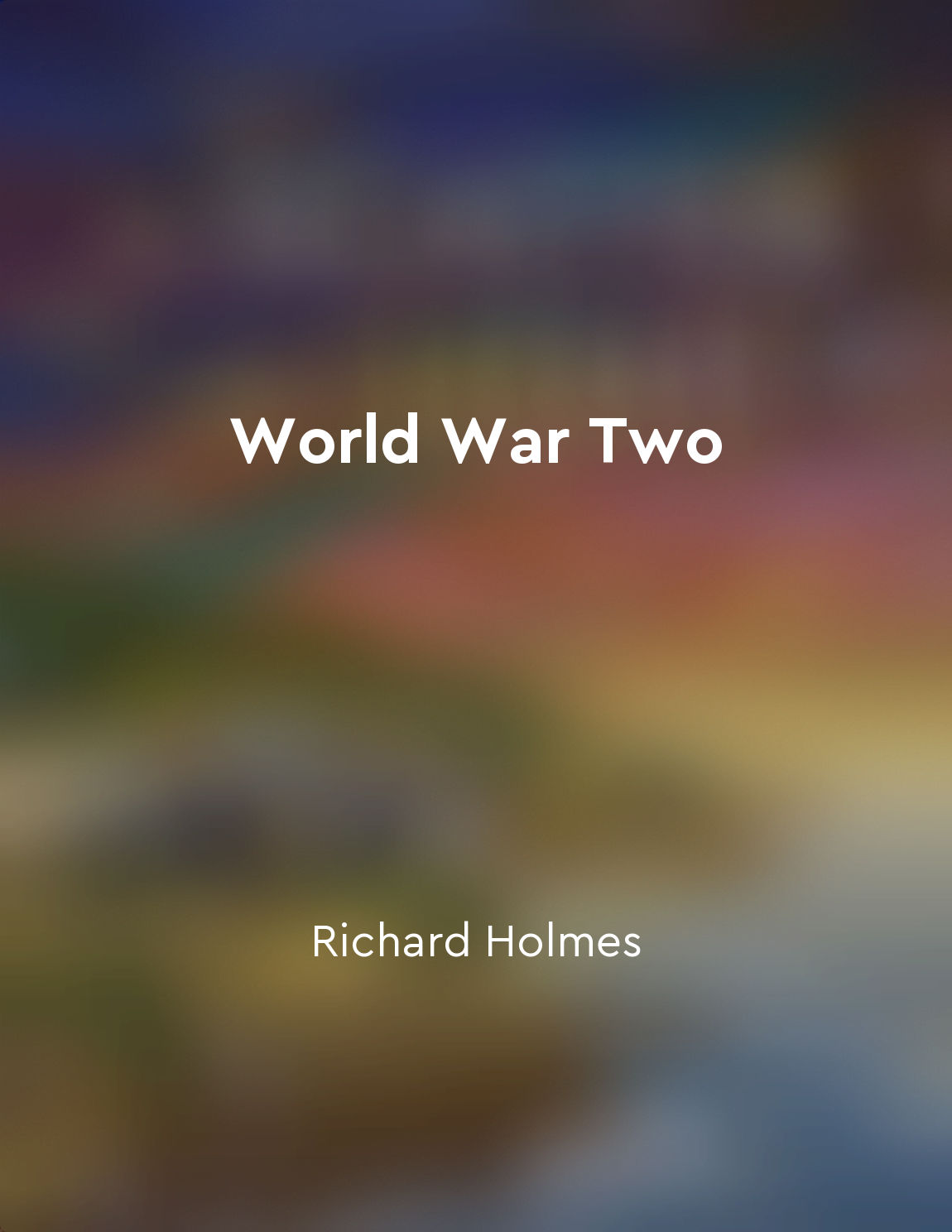Naval arms race exacerbates tensions from "summary" of The Origins of the First World War by Annika Mombauer
The naval arms race between Britain and Germany was a significant factor in exacerbating tensions in the years leading up to the First World War. Both countries engaged in a competition to build up their naval fleets, each trying to outdo the other in terms of size and strength. This rivalry created a sense of mistrust and suspicion between the two nations, as each saw the other as a potential threat to their maritime interests. Britain had long been the dominant naval power in the world, with a vast empire to protect and control. However, Germany's decision to build up its own navy challenged Britain's supremacy and raised concerns about the security of British shipping lanes and trade routes. The British responded by increasing their naval spending and accelerating the construction of new battleships, leading t...Similar Posts

Alliances formed for protection
The formation of alliances in the years leading up to the First World War was primarily driven by a desire for protection. Euro...
Détente sought peaceful coexistence
The concept of détente emerged as a response to the escalating tensions of the Cold War. Seeking to ease the hostilities betwee...

Propaganda influenced public opinion
During World War Two, propaganda played a crucial role in shaping public opinion. Governments on both sides of the conflict use...
GandhiIrwin Pact
The Gandhi-Irwin Pact was a significant event in the course of India's struggle for independence. It was an agreement reached b...
Mobilization plans put into action
The mobilization plans of the major powers in Europe played a crucial role in the outbreak of the First World War. These plans ...

Heroic sacrifices honored
The bravery and selflessness of those who made heroic sacrifices during World War Two were recognized and honored by their comr...
